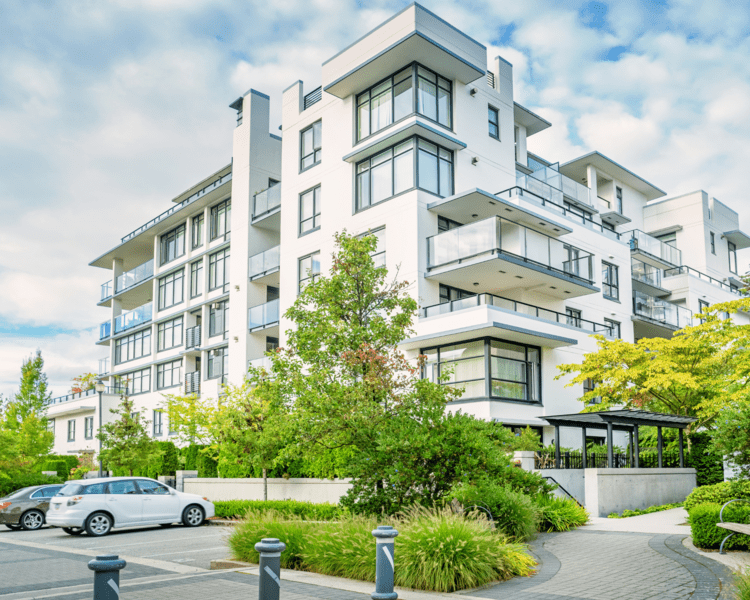
Condo Insurance vs. Homeowners Insurance: Understanding the Differences
When it comes to insurance, one size does not fit all. Depending on the type of dwelling you own, your insurance needs will vary. Condo insurance and homeowners insurance are two distinct policies tailored to the specific requirements of different living situations. In this blog, we'll explore the key differences between condo insurance and homeowners insurance, helping you understand which one is right for your property.
Defining Condo Insurance and Homeowners Insurance
- Condo Insurance: Condo insurance, also known as HO-6 insurance, is designed for individuals who own condominiums or co-op units. This type of insurance provides coverage for your personal property, liability protection, and specific structural elements within the unit.
- Homeowners Insurance: Homeowners insurance, often referred to as HO-3 insurance, is intended for those who own stand-alone houses. This comprehensive policy covers not only the structure of the home but also personal property, liability, and additional structures on the property (like sheds or garages).
Key Differences Between Condo Insurance and Homeowners Insurance
- Dwelling Coverage:
- Condo Insurance: Condo insurance typically covers only the interior of your unit, including structural elements like walls, floors, and ceilings. The exterior structure of the building and common areas are usually insured by the condo association's master policy.
- Homeowners Insurance: Homeowners insurance covers both the interior and exterior of your stand-alone home, including the entire structure and any additional structures on the property.
- Personal Property Coverage:
- Condo Insurance: Condo insurance provides coverage for your personal belongings, similar to homeowners insurance. However, it typically covers a lower value of personal property because the unit owner is responsible for insuring only the contents within their unit.
- Homeowners Insurance: Homeowners insurance often offers higher personal property coverage limits, as it encompasses the entire home and its contents.
- Master Policy Coordination:
- Condo Insurance: Condo owners need to coordinate their individual policies with the condo association's master policy. The master policy may cover common areas, building exteriors, and shared liability, while condo insurance covers personal property and structural elements within the unit.
- Homeowners Insurance: Homeowners do not have a master policy to coordinate with. They are responsible for insuring both the structure and personal property.
- Liability Protection:
- Condo Insurance: Condo insurance provides liability protection for accidents that occur within your unit. It may also include personal liability coverage for incidents outside your home.
- Homeowners Insurance: Homeowners insurance covers liability both inside and outside your home, offering broader protection.
- Additional Structures:
- Condo Insurance: Condo insurance typically does not cover additional structures, as these are usually covered by the condo association's master policy.
- Homeowners Insurance: Homeowners insurance often includes coverage for additional structures on your property, such as detached garages, sheds, or fences.
- Cost Differences:
- Condo Insurance: Condo insurance is generally less expensive than homeowners insurance because it covers a smaller portion of the property.
- Homeowners Insurance: Homeowners insurance premiums are often higher due to the broader coverage provided for both the home's structure and personal property.
Conclusion
Condo insurance and homeowners insurance are tailored to the specific needs of different types of properties. Understanding the differences between these policies is essential for making informed insurance decisions. Whether you own a condominium or a stand-alone home, having the right insurance coverage ensures that your property and belongings are protected against unexpected events. Consulting with an insurance professional can help you choose the policy that best suits your living situation and provides the coverage you need for peace of mind.

